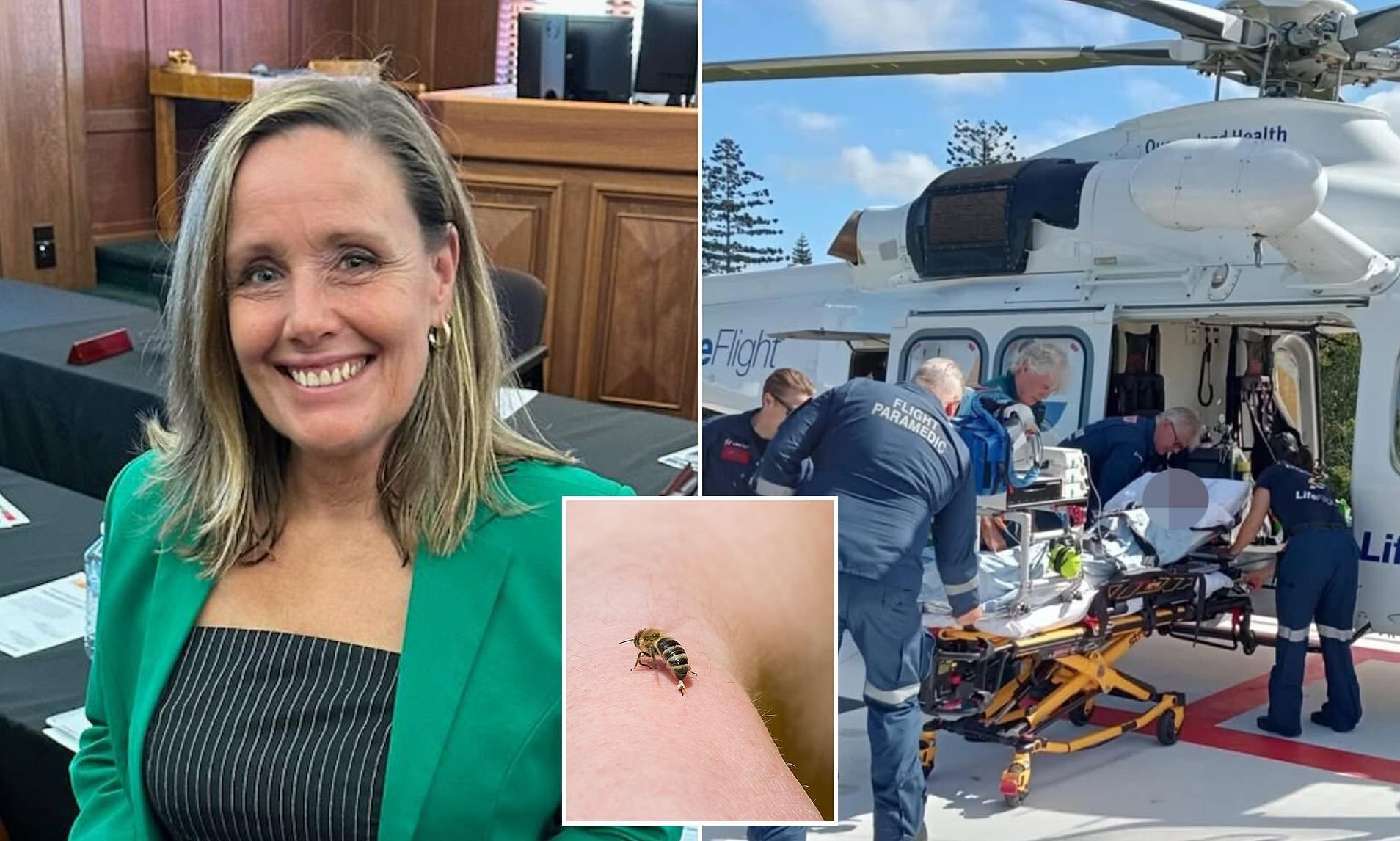
A Mother’s Struggle After a Bee Sting Leads to Unwanted Investigation
A Queensland mother has found herself in an unexpected and distressing situation after her 12-year-old daughter was stung by a bee, leading to a severe medical crisis and a subsequent investigation by child safety authorities. The incident highlights the complex relationship between healthcare professionals, families, and child protection systems.
The story began when the girl experienced neck pain following a bee sting. Within days, her condition worsened rapidly. She became lethargic and unable to eat properly, prompting the family to rush to the emergency room. At 3:30 am, she was described as "limp and lifeless" and was taken to Sunshine Coast University Hospital for urgent care.
Doctors diagnosed the girl with ketoacidosis, a dangerous complication of diabetes, and she was airlifted via LifeFlight for emergency treatment. During her stay in the ICU, the family faced constant medical attention, including hourly blood tests, IV adjustments, and regular check-ins from various hospital staff. The mother, Allona Lahn, described the experience as emotionally and physically exhausting.
Despite the severity of the situation, the family was left stunned when they were contacted by child safety authorities just hours after returning home. According to Ms. Lahn, the call came within half an hour of arriving home, after six days in the hospital with little sleep.
Medical Concerns and Family Background
The family had been under intense scrutiny during their hospital stay. Staff asked detailed questions about their lifestyle, including their home-schooling approach, farm life, and socialization practices. This led to discomfort among the parents, who felt their choices were being questioned.
Ms. Lahn explained that she requested the diagnosis be kept from her daughter for her mental health, as well as to avoid unnecessary stress. She also raised concerns about the treatment plan, asking for alternative options and more time on IV therapy. Her questions were met with resistance from some hospital staff, which added to the family's frustration.
After six days in the hospital, the girl was finally discharged. However, the family’s relief was short-lived. Minutes after arriving home, they received a call from child safety authorities. The reason? One of the ICU staff had reported them for their "alternative health views."
The Aftermath and Calls for Change
Ms. Lahn was shocked to learn that a single staff member could trigger an investigation into a family’s parenting practices. She was forced to prepare her daughter for an assessment, ensuring she could speak confidently about their lifestyle and medical decisions.
After a long and intense discussion, the case was closed, and the family was informed that no further action would be taken. A week later, the authorities called to apologize, acknowledging that the process could have been handled differently.
Despite the ordeal, Ms. Lahn expressed gratitude for the many healthcare professionals who supported her family during this difficult time. However, she is now advocating for changes in how families are treated during medical crises.
She believes the system is flawed and fears that other parents, especially those less articulate or younger, might not receive the same support. Her experience has left her deeply affected, but she remains determined to push for better understanding and respect for families’ choices in healthcare.
The Broader Implications
This incident raises important questions about the balance between medical oversight and parental autonomy. It also highlights the need for clearer communication and guidelines within the healthcare system to prevent misunderstandings that can lead to unnecessary investigations.
As the family continues to support their daughter’s recovery, they remain hopeful that their story will spark meaningful conversations about how families are treated during times of medical crisis.
